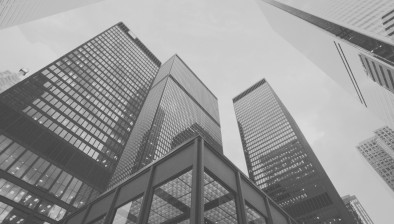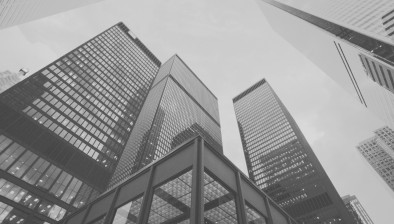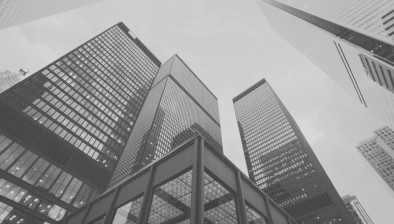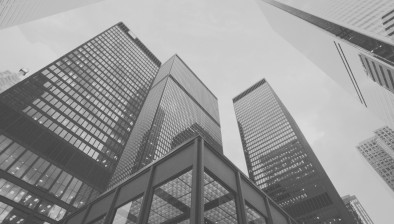Edinburgh welcomes 5,000 Ukrainian refugees
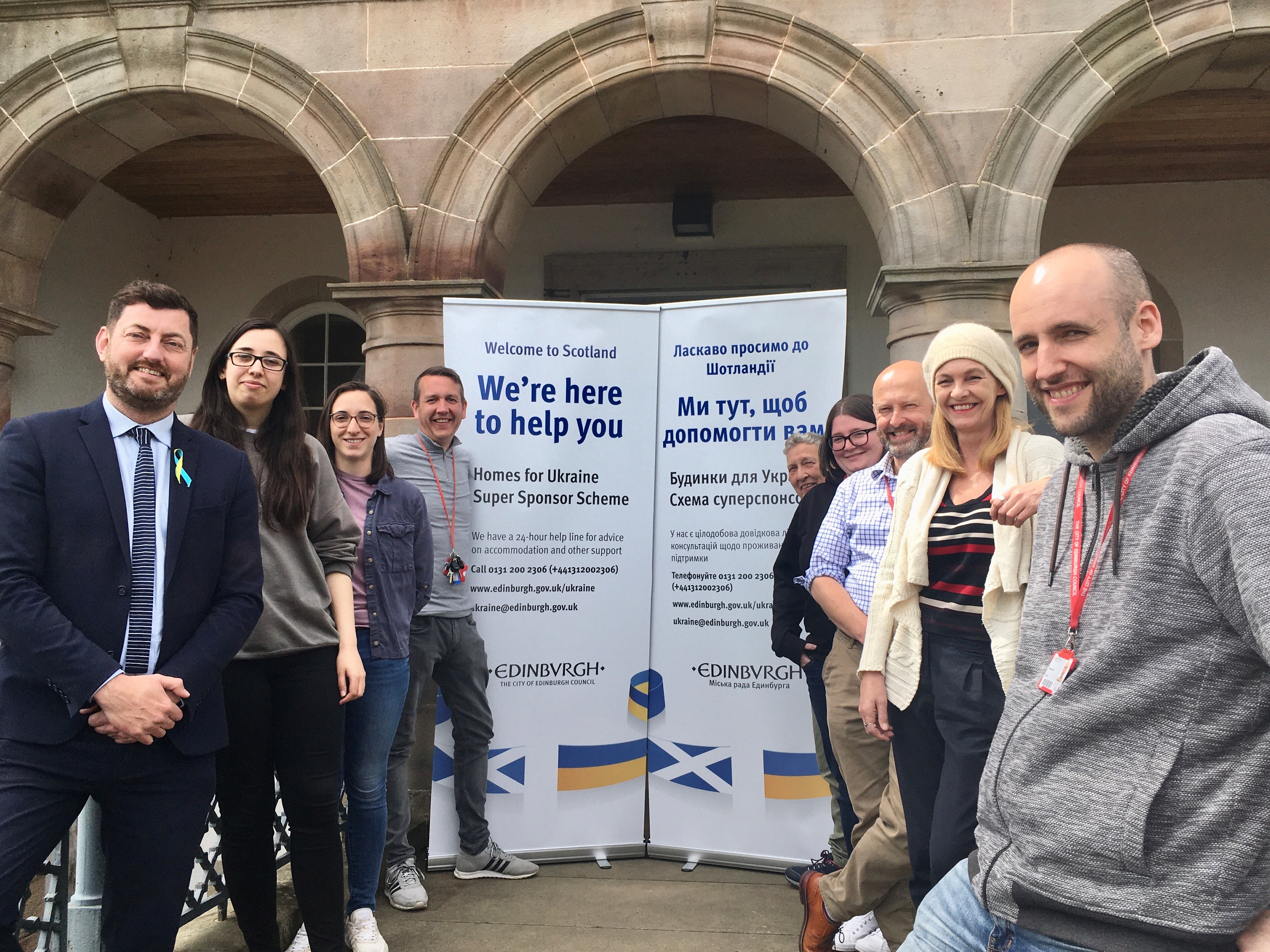
Council leader Cammy Day visits council officers and volunteers
More than 5,000 refugees fleeing war in Ukraine have arrived in Edinburgh, the City of Edinburgh Council has confirmed.
Of those who have come to or through the city, 2,222 were warmly received by council officers and volunteers at Edinburgh’s Welcome Hub – where volunteers have clocked up at least 3,465 hours day and night over 496 shifts, providing 536 rucksacks filled with donations and support to arrivals and their hosts.
To provide this advice and access to vital services, 1,175 hours of translation have taken place. And now, with arrival numbers only expected to increase, Ukrainian refugees are being employed by the Council as interpreters and customer care team members to provide extra assistance.
Visiting the Hub and the Ukrainian Club ahead of World Refugee Day on Friday, council leader Cammy Day thanked volunteers and officers and hailed the way in which the city has come together to support those in desperate need.
He said: “Seeing families arrive and find their feet in Edinburgh has brought home the sheer scale of our city’s ongoing response to this crisis.
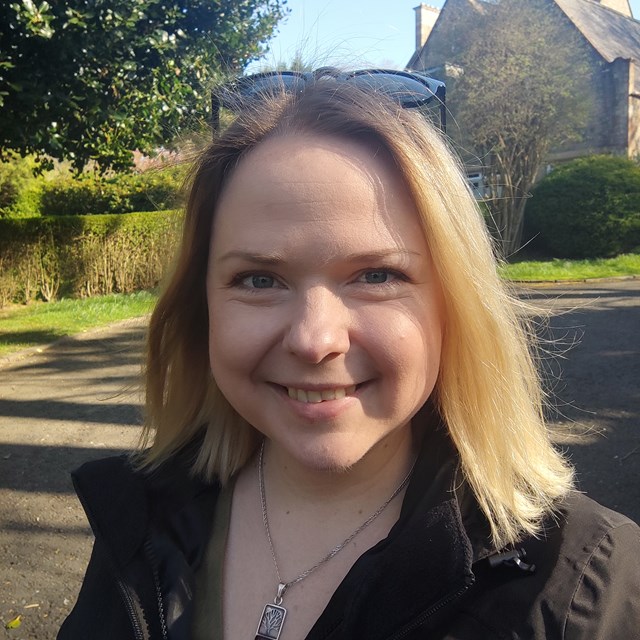
Nataliia Danova
“It was so moving to hear the lengths to which our staff and volunteers are going to in order to provide the best possible welcome to our Ukrainian guests as they take their first steps towards a life of safety here in Scotland. Some are working incredibly long hours, seven days a week, to be there to help and to ensure everyone can get a roof over their head regardless of what time of day it is.
“The city has already welcomed more than 5,000 people, with 2,222 arriving through the Hub. The majority of arrivals in the country have been landing here in Edinburgh. The scale of support we need to offer is huge and this is only increasing – from accommodation, interpretation and education, to host checks and health and social care, transport, counselling, and financial advice.”
He added: “We know that Edinburgh’s population swells in August so we’re already looking at how we can manage capacity and speaking to the Scottish Government about this. Because services will be under strain, we need to work together with our partners and those in the private sector so that all arrivals continue to receive what they need.
“The response from all sides of the city has been outstanding, with many companies offering useful donations, whether that being nappies, buggies, shoes or sim cards. The way in which Edinburgh has come together to support people in such desperate need of our help fills me with hope and pride and I have no doubt we’ll continue to pull out all the stops for as long as it takes.”
As an extension of the Welcome Hub, a drop-in facility is available at 249 High Street where the Council’s customer contact team is offering specialist advice on benefits and employment opportunities. A Council helpline is also in place 24 hours a day, which received 2,750 calls in the first 100 days of the conflict alone.
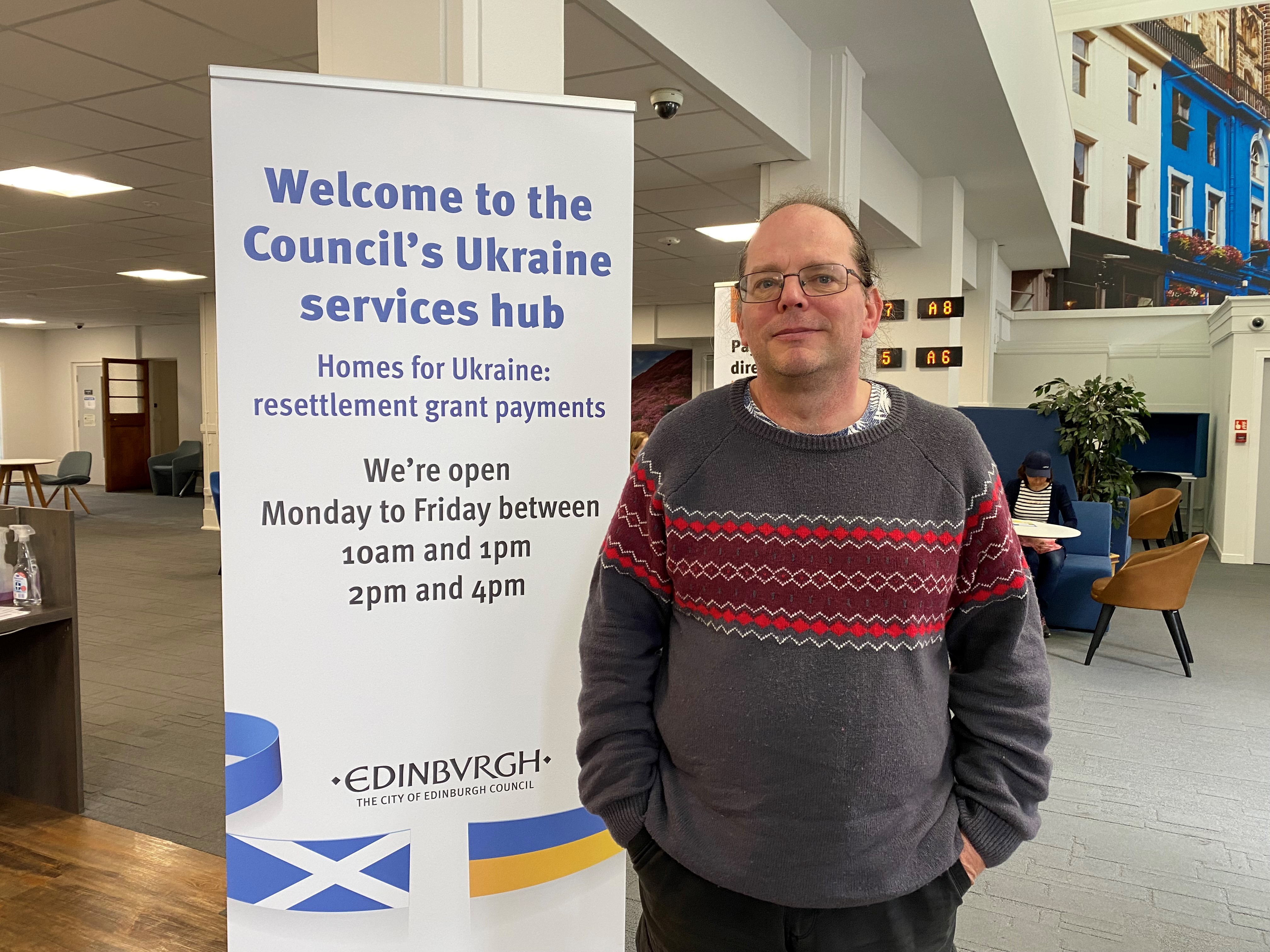
Alan Sufi
Alan Sufi and his family were the first people to arrive from Ukraine through Edinburgh’s Welcome Hub. Having experienced the support of the service first hand, Alan is now one week into a new job with the council at 249 High Street, where he is helping new arrivals.
Alan said: “I’d like to thank the city, the people and the council. Edinburgh Council has been like a parent to us, taking our situation to heart and providing every opportunity to help. If I can do the same for others, I will feel good.
“Everyone has been very supportive and there are people from the Polish community who have been helping us too. We have a home. I have my job. Within three days of arriving in Edinburgh my children were at school. The Bike Station gave us all bikes for free, so we’ve been able to explore the city. We’ve been to Newhaven Harbour and to Lauriston Castle. We’ve climbed Arthur’s Seat and been to the beach. We were given a pass to Edinburgh Leisure and we’ve been enjoying that a lot. My children have joined a rugby group too.
“Edinburgh is a great place. It is full of history, tradition and monuments. Based on that you make associations about what the people will be like, but it’s not so. I’ve found Edinburgh to be open and modern. But the weather - it is astonishing. On the day we arrived, it was windy and raining, sunny and snowy, all at the same time.
“In Kharkiv I was a photographer. It was also a great city, but I know it won’t be the same, even when the war is over. It will need many, many years of recovery. But for Ukrainians, they carry home with them. They don’t live there - Ukraine lives in them.”
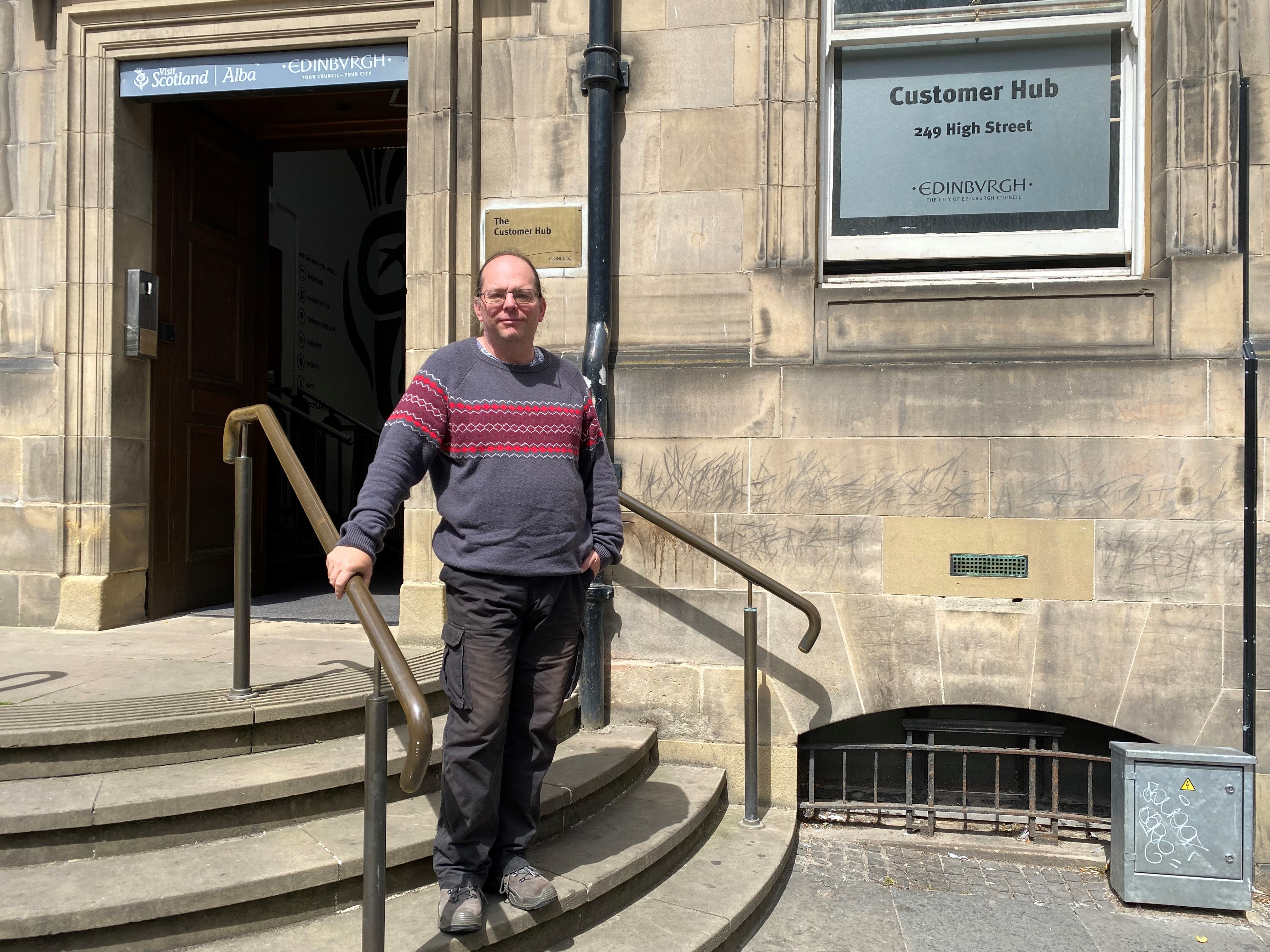
Alan Sufi
Nataliia Danova, aged 34 from Kyiv, arrived from Ukraine in March. She has also been employed as a council interpreter. Nataliia commented: “Ukrainians are displaced, they do not really see themselves as refugees. As a people we have a very strong will to work - and as soon as possible. The support which is now on offer in Edinburgh is very welcome and it is positive that financial assistance is being provided. But, generally we are arriving in Edinburgh with skills which are valuable to employers, and we would rather work.
“I came to Edinburgh alone from Kyiv where my career is as a crisis manager and my experience is useful for my role here in Edinburgh. I’m in the process of settling on the Homes for Ukraine scheme and I’ve been working at the council for a couple of weeks now, offering support and translation to new arrivals at the Welcome Hub in Gogarburn and the Advice Shop at 249 High Street. Before that I was volunteering to translate documents and help others, and I continue to volunteer for Help Ukraine Scotland and their helpline.
“Every third Ukrainian arriving doesn’t speak English – but you’ll find that they’re willing to learn. By taking English language courses, more Ukrainians will be able to find work, and be able to pay for things like childcare so that they can stay in work. Employers in Edinburgh should consider making roles accessible to Ukrainians coming here – like the council is doing. That would be great to see. Everyone has so much to offer.”
Anna Kulish, aged 33, was born in the Khersen region of Ukraine which has been occupied since the start of the war. She arrived in Edinburgh in May and started working for the Council at the beginning of June, as an interpreter for the Welcome Hub.
Anna said: “It is lovely here in Edinburgh. The people are friendly. Most Ukrainians I know are looking for a job and I’m really pleased to work at the Council. I’ve not long been through the process, having arrived at the Hub a few weeks ago. It was indeed a warm welcome. We were accommodated within hours and everyone has been very supportive and eager to go the extra mile to help.
“It’s a pleasure to now work there and to be helpful, to keep myself busy and distracted from the news and to reassure others arriving that things will be okay. I’d love more employers to consider jobs for Ukrainians, who are very hard working. Anything we can do to encourage that is worthwhile.”





